
Sir Wilfred Thomason Grenfell was a British medical missionary to Newfoundland, who wrote books on his work and other topics.

Wilfred Van Norman Lucas was a Canadian American stage actor who found success in film as an actor, director, and screenwriter.
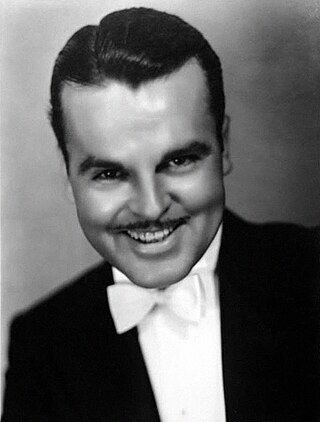
James Neil Hamilton was an American stage, film and television actor, best remembered for his role as Commissioner Gordon on the Batman TV series of the 1960s, having first played a character by that name in 1928's Three Weekends. During his motion picture career, which spanned more than a half century, Hamilton performed in over 260 productions in the silent and sound eras.

Annie Mae Aquash was a First Nations activist and Mi'kmaq tribal member from Nova Scotia, Canada. Aquash moved to Boston in the 1960s and joined other First Nations and Indigenous Americans focused on education and resistance, and police brutality against urban Indigenous peoples. She was part of the American Indian Movement, participated in several occupations, and participated in the 1973 Wounded Knee incident at the Pine Ridge Indian Reservation, United States.

Mae Clarke was an American actress. She is widely remembered for playing Henry Frankenstein's bride Elizabeth, who is chased by Boris Karloff in Frankenstein, and for being on the receiving end of James Cagney's halved grapefruit in The Public Enemy. Both films were released in 1931.
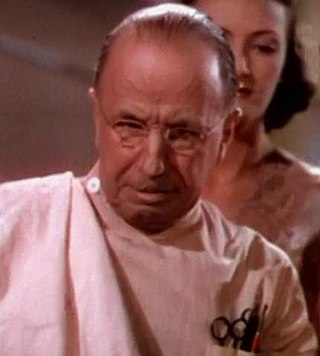
Arthur Hoyt was an American film character actor who appeared in more than 275 films in his 34-year film career, about a third of them silent films.
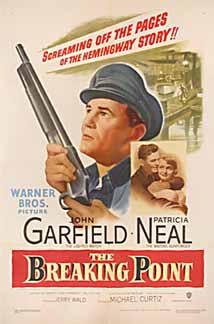
The Breaking Point is a 1950 American film noir crime drama directed by Michael Curtiz and the second film adaptation of the 1937 Ernest Hemingway novel To Have and Have Not.. It stars John Garfield in his penultimate film role and Patricia Neal. His very last film was He Ran All the Way Home.

Scooby-Doo Meets the Boo Brothers is a 1987 animated comedy horror made-for-television film produced by Hanna-Barbera as part of the Hanna-Barbera Superstars 10 series. The two-hour film aired in syndication. It is the first full-length film in the Scooby-Doo franchise.
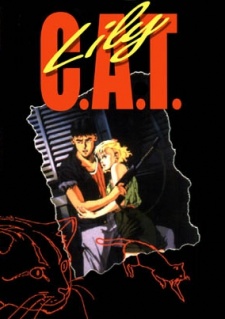
Lily C.A.T. is a 1987 science fiction/horror anime film written and directed by Hisayuki Toriumi, featuring monster designs from Yoshitaka Amano and character designs from Yasuomi Umetsu. An English version of the film was produced by Carl Macek and distributed by Streamline Pictures. After the closing of Streamline Pictures, the distribution rights were obtained by Discotek Media. The film is heavily inspired by Ridley Scott's Alien and by John Carpenter's The Thing.

Wallace Archibald MacDonald was a Canadian silent film actor and film producer.

Night World is a 1932 American pre-Code drama film featuring Lew Ayres, Mae Clarke, and Boris Karloff. The supporting cast includes George Raft and Hedda Hopper.
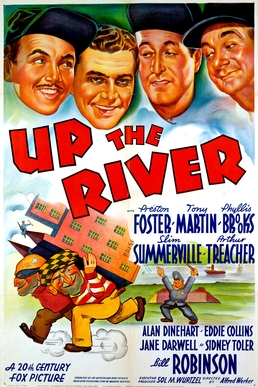
Up the River is a 1938 American prison comedy film directed by Alfred L. Werker and starring Preston Foster and Arthur Treacher and featuring Bill "Bojangles" Robinson. The film is a remake of a 1930 film with the same name directed by John Ford and starring Spencer Tracy and Humphrey Bogart in the roles subsequently played by Foster and Tony Martin. The remake changed the sport the plot revolves around from baseball to football.
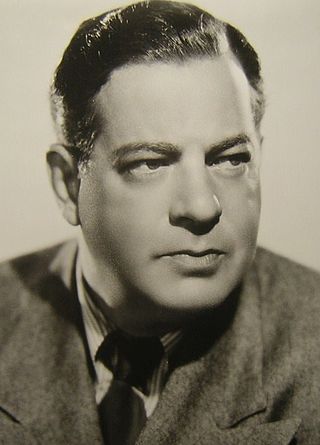
Mason Alan Dinehart Sr. was an American actor, director, writer, and stage manager.
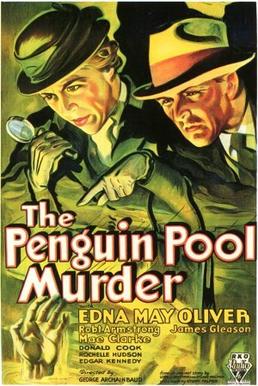
The Penguin Pool Murder is a 1932 American pre-Code comedy/mystery film starring Edna May Oliver as Hildegarde Withers, a witness in a murder case at the New York Aquarium, with James Gleason as the police inspector in charge of the case, who investigates with her unwanted help, and Robert Armstrong as an attorney representing Mae Clarke, the wife of the victim. Oliver's appearance was the first film appearance of the character of Hildegarde Withers, the schoolteacher and sleuth based on the character from the 1931 novel The Penguin Pool Murder by Stuart Palmer. It is the first in a trilogy including Murder on the Blackboard, and Murder on a Honeymoon, in which Oliver and Gleason team up for the lead roles.

A Study in Scarlet is a 1933 American pre-Code mystery thriller film directed by Edwin L. Marin and starring Reginald Owen as Sherlock Holmes and Anna May Wong as Mrs. Pyke. The title is taken from Arthur Conan Doyle's 1887 novel of the same name, the first in the Holmes series, but the screenplay by Robert Florey was original.
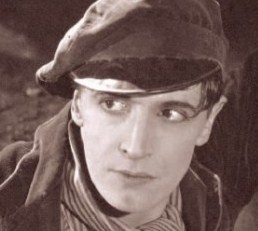
The Rat is a 1925 British silent film drama, directed by Graham Cutts and starring Ivor Novello, Mae Marsh and Isabel Jeans. The film is based on the 1924 play of the same title written by Novello and Constance Collier, set in the Parisian criminal underworld. The film's louche settings and melodramatic storyline proved popular with audiences, and its success spawned two sequels, The Triumph of the Rat (1926) and The Return of the Rat (1929).
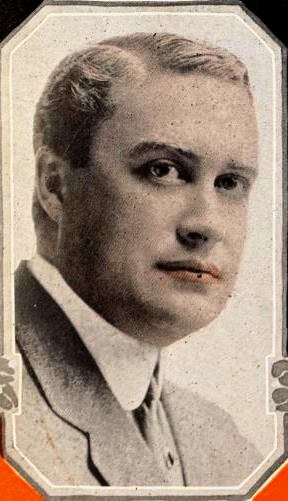
Hale Rice Hamilton was an American actor.

Night Was Our Friend is a 1951 British drama film directed by Michael Anderson and starring Elizabeth Sellars, Michael Gough and Ronald Howard. The title references a line from Virgil's epic poem The Aeneid.
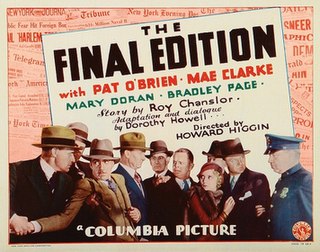
The Final Edition is a 1932 American crime drama film directed by Howard Higgin and starring Pat O'Brien, Mae Clark and Morgan Wallace. Made by Columbia Pictures, it is based on a story by Roy Chanslor.



















